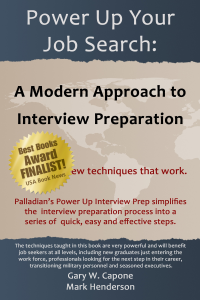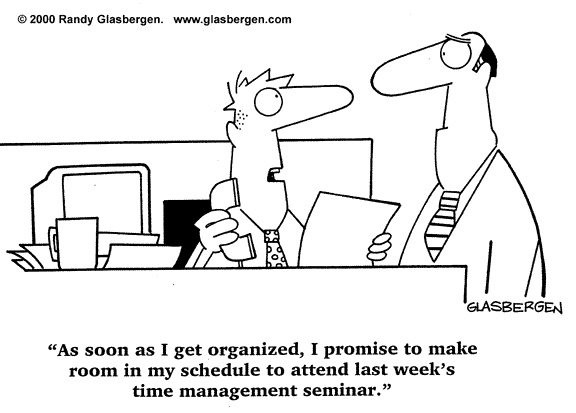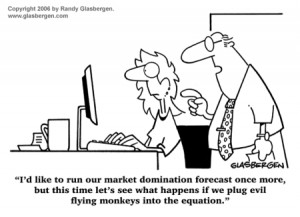A sales interview will typically focus on your sales experience and performance. Sales is a field where performance is measured closely at most companies. If you want to land the job, you will need to create a picture of how you will perform within the mind of the hiring manager
 A sales interview will typically focus on your sales experience and performance. Sales is a field where performance is measured closely at most companies. If you want to land the job, you will need to create a picture of how you will perform within the mind of the hiring manager.
A sales interview will typically focus on your sales experience and performance. Sales is a field where performance is measured closely at most companies. If you want to land the job, you will need to create a picture of how you will perform within the mind of the hiring manager.
The first step is to review your bottom line performance. Be prepared to answer questions like:
-
What were your sales goals?
-
How was your performance relative to these goals?
-
What did you do to reach this performance level?
This is basic stuff, and answering these questions is just the starting point. You will need to prepare for more specific questions.
Activity
Prepare to discuss your goals for activity and the resulting activity level. Sales activity will vary wildly between fields. For example, a telemarketer might set a goal of 100 dials per day, while a sales person at a large construction company might focus on a specific number or dollar value of proposes submit per quarter. Prepare an outline of your typical activity in the key tasks for your past positions. With your activity, review how you organize your tasks and stay on schedule. Organization and follow up are essential in many sales roles. Presenting to an interviewer a clear picture of how you structure your activity, maintain your activity level and stay focused on revenue producing tasks will help you stand out.
Approach
Prepare to discuss your approach to sales. This approach usually develops from a combination of your personality, the expectations of your customers, the system at your employer and the training you have received. Discussing your approach, how it has evolved over you career and how it is successful will make a strong impression. One caution to consider is presenting your approach as set in stone. Your sales approach needs to be flexible and adaptable. What works effectively in one industry many not be as effective in another.
Performance
The three questions at the start of the article are important, but you need to be prepared to go into more detail. For your performance results to make the best impression, you need to provide some context. Did you grow sales by 15% at a time when your industry grew by 25%, losing market share in the process? Did your sales stay flat at a time when your industry declined substantially?
With the context you provide, you should include details of how you achieved this performance. What sales activities worked? What did you change in your approach? What would you have done differently?
Questions
Hopefully, the interviewer will ask questions that address your sales activity, approach and performance. This isn’t guaranteed, though. Every interviewer has a different style. If an interviewer does not ask specifically about a sales quality that you have identified as essential for the position, work this quality into one of your answers.
This is no different from any sales presentation. For example, you are selling a product that is competitive in the marketplace. Your company has an excellent quality control system and the resulting quality of the product is exceptional. Your prospect asks about the cost, delivery and specifications of the product, but avoids asking about quality. Are you going to mention this topic in case this is an important issue for the prospect? Definitely. The same goes for your strengths and accomplishments.
Conclusion
Your presentation of your sales background focus on three key areas:
-
Demonstrate how you will do the job.
-
Demonstrate your skill level in performing your job.
-
Demonstrate your ability to persevere over significant challenges and deliver results.
All three of these serve to show the hiring manager your potential – what you will achieve working for them. If you create a strong, positive image of these three elements, you will have much more success than your competition.













